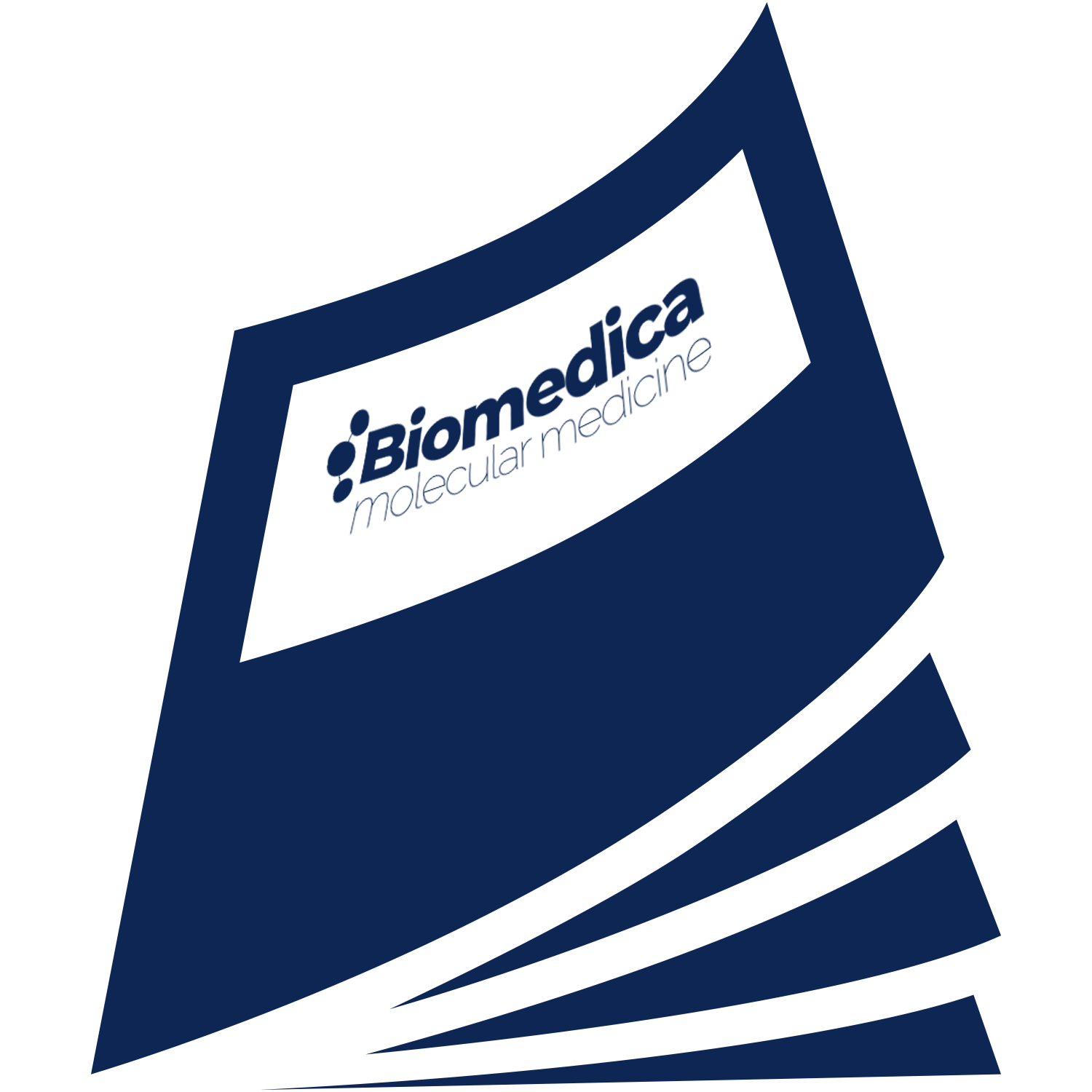Trilla-Fuertes et al.
MOLECULAR & CELLULAR PROTEOMICS 19 abril, 2020
Anal squamous cell carcinoma is a rare tumor. Chemo-radiotherapy yields a 50% 3-year relapse-free survival rate in advanced anal cancer, so improved predictive markers and therapeutic options are needed. High-throughput proteomics and whole-exome sequencing were performed in 46 paraffin samples from anal squamous cell carcinoma patients. Hierarchical clustering was used to establish groups de novo Then, probabilistic graphical models were used to study the differences between groups of patients at the biological process level. A molecular classification into two groups of patients was established, one group with increased expression of proteins related to adhesion, T lymphocytes and glycolysis; and the other group with increased expression of proteins related to translation and ribosomes. The functional analysis by the probabilistic graphical model showed that these two groups presented differences in metabolism, mitochondria, translation, splicing and adhesion processes. Additionally, these groups showed different frequencies of genetic variants in some genes, such as ATM, SLFN11 and DST Finally, genetic and proteomic characteristics of these groups suggested the use of some possible targeted therapies, such as PARP inhibitors or immunotherapy.
Keywords: Omics; anal squamous cell carcinoma; bioinformatics; cancer biology; mass spectrometry; molecular biology; molecular classification; personalized medicine; proteomics; whole-exome sequencing.


